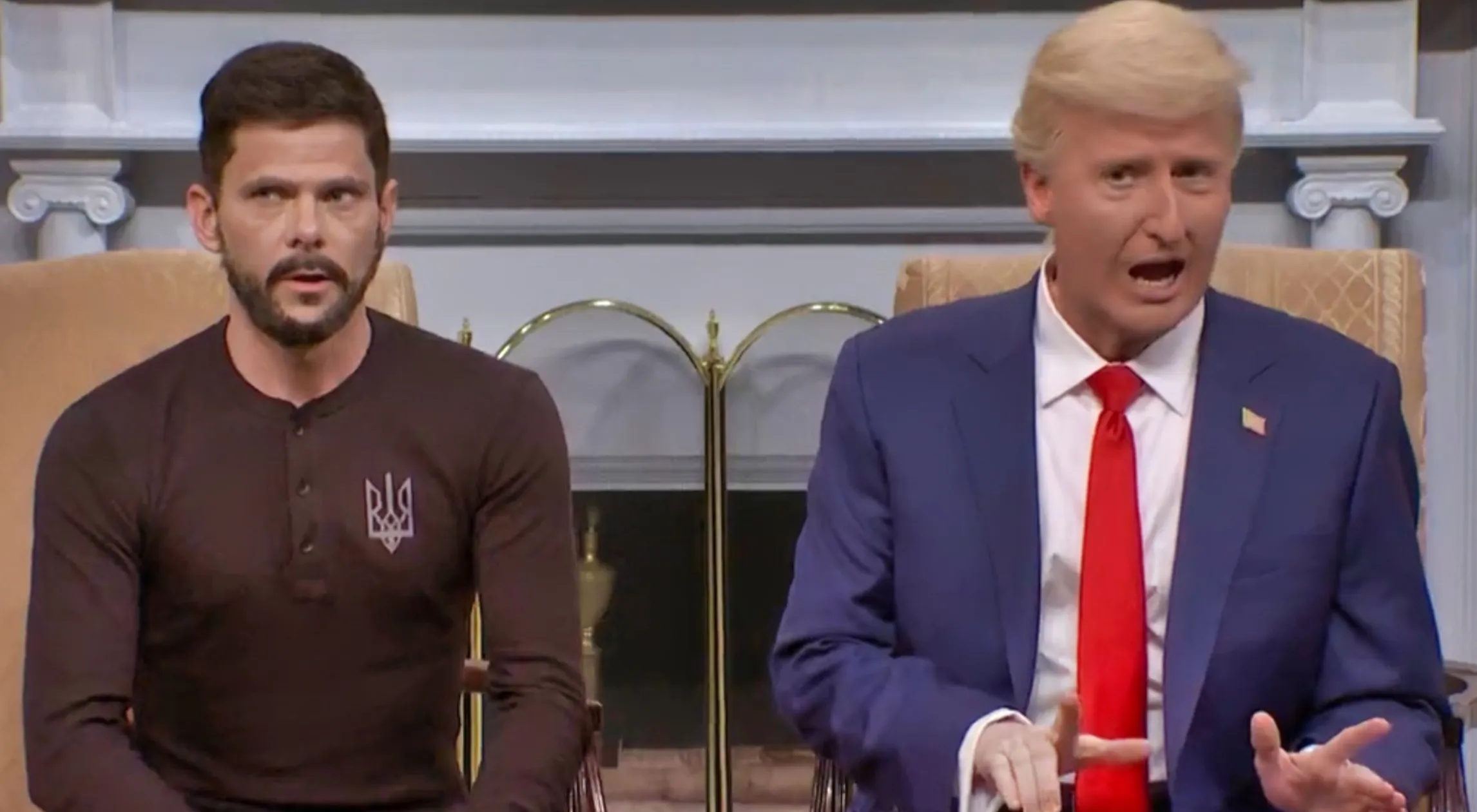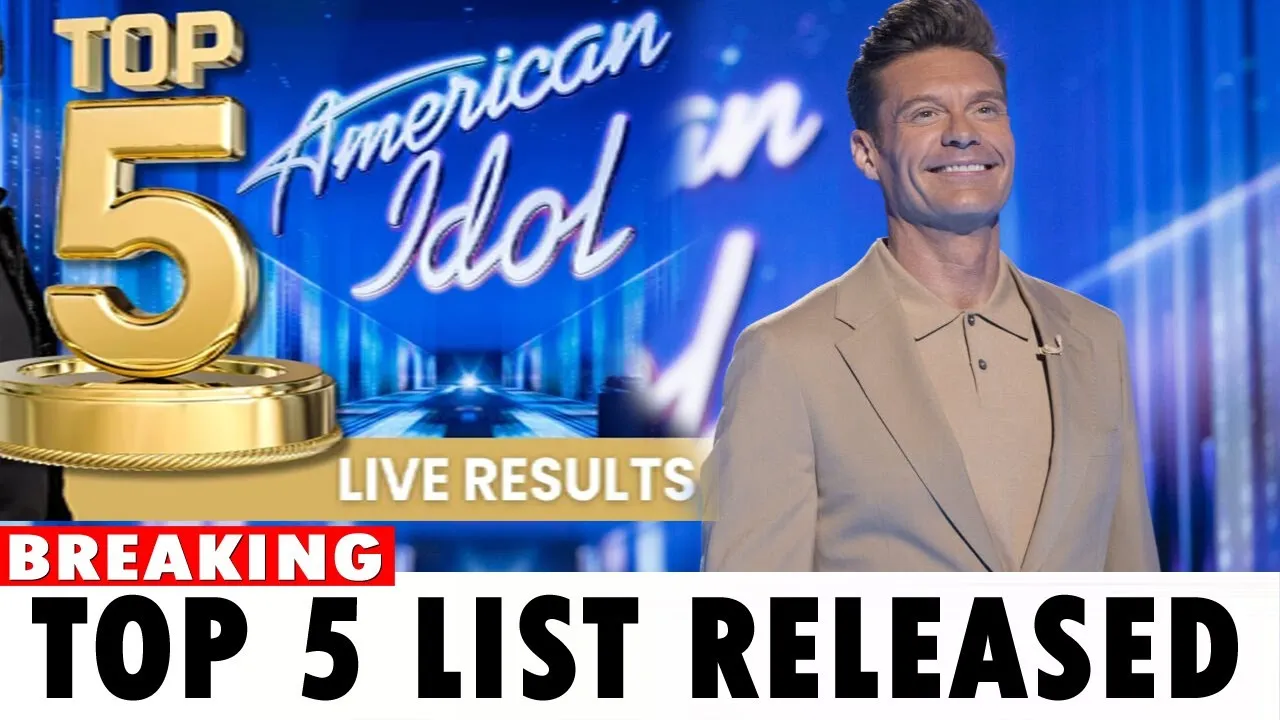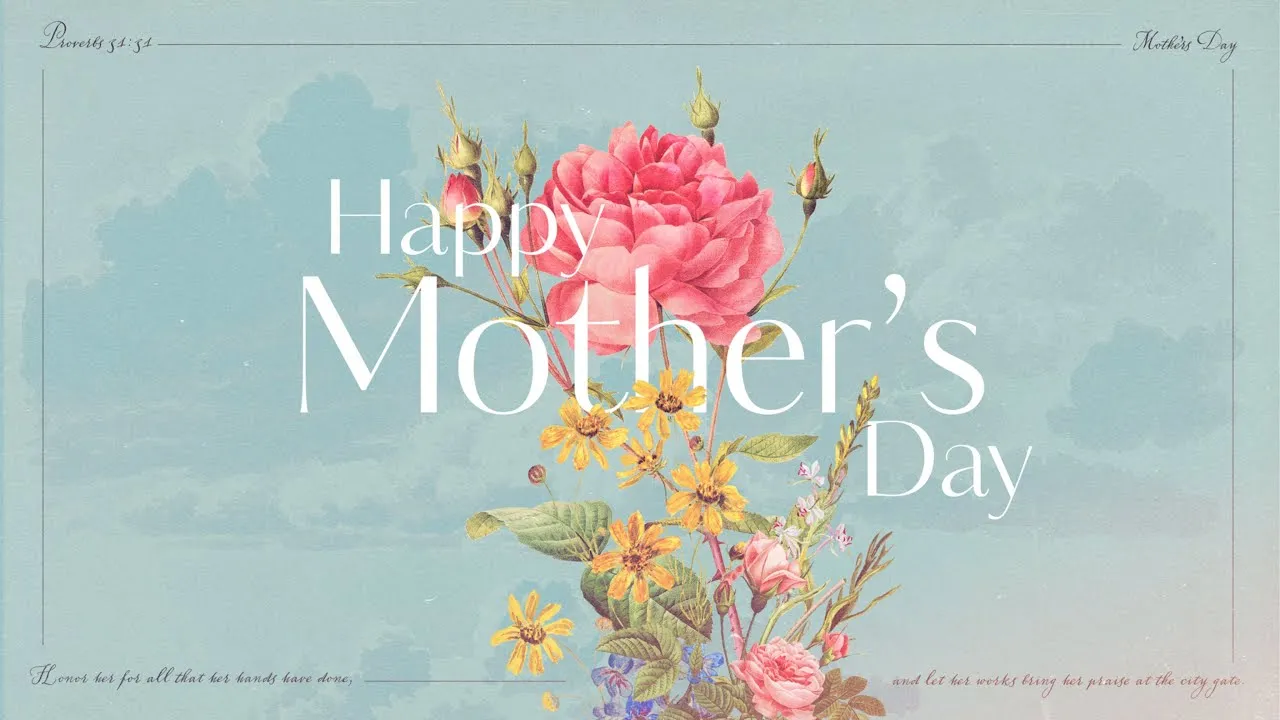SNL’s Hilarious Take: Is Trump America’s First Elected King?
In a recent episode of “Saturday Night Live” (SNL), the iconic sketch comedy show took a bold jab at former President Donald Trump, questioning whether he might be considered America’s first elected king. This segment aired shortly after Trump reclaimed a prominent position in American politics, stirring fresh debates about his leadership style and its implications for democracy. With the nation still grappling with political tensions following the November election, SNL’s humor provided a much-needed perspective on a contentious topic.
The episode featured Lin-Manuel Miranda, a celebrated figure in the world of Broadway, who brought a unique cultural lens to the discussion. Miranda’s presence not only added star power but also infused the segment with a blend of humor and poignancy. The sketch included a mock ceremony where SNL cast members humorously knelt and kissed Trump’s ring, a comedic exaggeration that underscored the absurdity some see in his leadership approach.
Critics of Trump have often labeled him as a “king,” suggesting his authoritarian tendencies and his perceived disregard for traditional political norms. This characterization resonates with many viewers who feel that Trump’s presidency has shifted the balance of power within the U.S. government. The SNL segment cleverly encapsulated these sentiments, using satire to reflect ongoing debates about the nature of American democracy and the role of political satire in public discourse.
The timing of this sketch was significant. It aired shortly after the November elections, which were marked by heightened political division and uncertainty. SNL has a rich history of political satire, frequently targeting presidents and their policies. This segment continued that tradition, highlighting the show’s ability to adapt to current events while maintaining relevance in the ever-evolving political landscape.
The portrayal of Trump as a king sparked discussions across social media platforms, with viewers sharing their reactions and interpretations of the sketch. Audience responses varied widely; some praised the cleverness of the humor, while others criticized it for being overly partisan or lacking in comedic value. This divergence of opinion illustrates the polarizing nature of Trump’s presidency and the complexities of political satire.
SNL’s writers are known for drawing inspiration from real-life events, and this sketch was no exception. It mirrored ongoing controversies surrounding Trump’s policies and actions, reinforcing the comedic narrative that his governance embodies a monarchical style. The humor in the segment serves to engage audiences in a serious conversation about the state of American politics, making complex issues more accessible and relatable.
In addition to the comedic elements, the segment included references to Trump’s past actions and statements, further embedding the portrayal of him as a king within a broader media narrative that questions the legitimacy of his presidency. This aligns with the sentiments of critics who argue that Trump’s leadership has undermined democratic principles and norms.
As the 2024 election approaches, SNL’s comedic take on Trump as a king may foreshadow future political dynamics. The sketch not only entertains but also prompts viewers to reflect on the implications of Trump’s return to the political arena. It serves as a reminder of the power of satire to challenge authority and stimulate public discourse.
The episode exemplifies how SNL has maintained its status as a significant player in shaping public opinion and influencing perceptions of political figures. By blending humor with political critique, the show continues to engage audiences in discussions about the state of their government. The comedic approach allows for a form of resistance, providing a platform for dissenting voices in an increasingly polarized political environment.
In conclusion, SNL’s recent segment questioning whether Trump is America’s first elected king highlights the ongoing debates about his leadership style and the implications for American democracy. Through humor and satire, the show has succeeded in keeping the conversation alive, engaging viewers in a dialogue about the complexities of modern politics. As the nation prepares for the next election cycle, SNL’s ability to blend entertainment with political commentary will undoubtedly remain a crucial aspect of its legacy, reminding audiences of the importance of humor in navigating the challenges of governance.






Leave a Comment